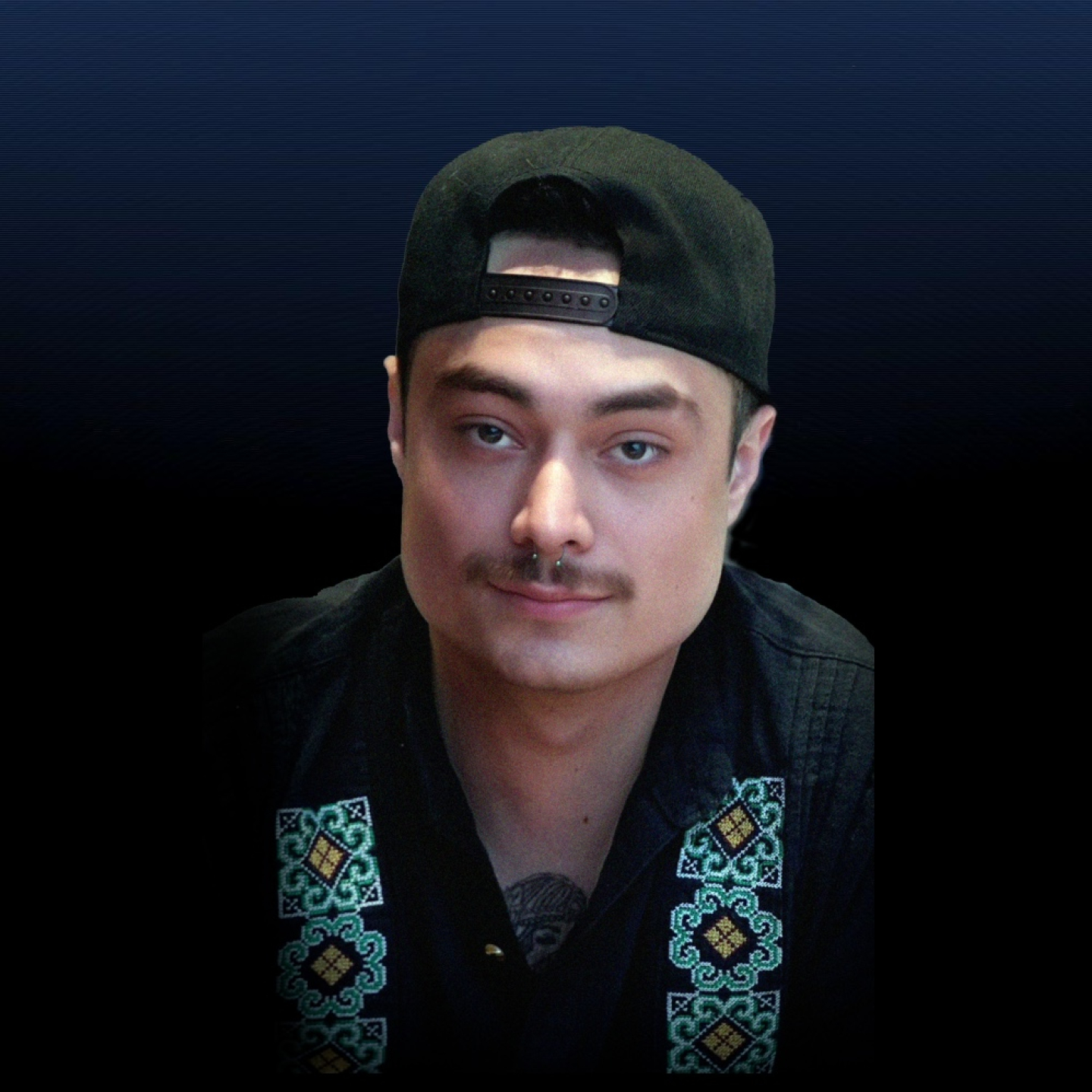Guest Opinion. The illusion of Indigenous representation in Canada's federal public service is nothing more than a politically engineered mirage. On the surface, the numbers look promising: Indigenous employees make up 5.2% of the federal workforce, surpassing both the national demographic of 5.0% and the government's own workforce availability benchmarks.

But dig a little deeper, and the cracks begin to show. Indigenous voices are not evenly distributed across departments; they are herded into a few select areas like Indigenous Services Canada and Crown-Indigenous Relations and Northern Affairs Canada, where they make up an outsized portion of employees—28.2% and 17.4%, respectively. Meanwhile, in departments that could benefit from diverse perspectives—such as the Administrative Tribunals Support Service of Canada—Indigenous representation dwindles to as low as 1.9%.
This is not representation. This is gerrymandering, plain and simple.
The federal government has, whether consciously or not, created a system where Indigenous employees are pigeonholed into specific areas of governance. By doing so, they are effectively cut off from influencing broader policies that affect the entire nation. It’s a strategy that mirrors the worst of political gerrymandering: concentrating votes—or in this case, voices—in limited areas to dilute their impact elsewhere. Indigenous public servants, while technically "present" in the workforce, are largely absent from the most critical conversations shaping Canada's future.
This discrepancy starkly contradicts the stated aims of the Employment Equity Act, which seeks "to achieve equality in the workplace so that no person shall be denied employment opportunities or benefits for reasons unrelated to ability, and in the fulfilment of that goal, to correct the conditions of disadvantage in employment experienced by Aboriginal peoples.” The Act's purpose is inherently aligned with the principles of deliberative democracy, which stresses the necessity of equitable and inclusive dialogue between citizens and governing institutions to advance the public good. Deliberative democracy requires that participants engage in well-informed, meaningful discussions that integrate diverse perspectives to shape the policymaking process. A central tenet of this democratic framework is the active political representation of marginalized groups, a notion American political scientist Nancy Fraser articulates as "participatory parity." Fraser’s conception of social justice extends beyond economic redistribution and cultural recognition, encompassing the political representation necessary for equity-seeking groups to fully partake in democratic processes.
Elliot Goodell Ugalde is an academic, journalist and PhD student in political science at Queen’s University, Kingston and a researcher at McMaster University in Hamilton, Ont., specializing in international relations, political economy and settler-colonial studies.
Help us defend tribal sovereignty.
At Native News Online, our mission is rooted in telling the stories that strengthen sovereignty and uplift Indigenous voices — not just at year’s end, but every single day.
Because of your generosity last year, we were able to keep our reporters on the ground in tribal communities, at national gatherings and in the halls of Congress — covering the issues that matter most to Indian Country: sovereignty, culture, education, health and economic opportunity.
That support sustained us through a tough year in 2025. Now, as we look to the year ahead, we need your help right now to ensure warrior journalism remains strong — reporting that defends tribal sovereignty, amplifies Native truth, and holds power accountable.
 The stakes couldn't be higher. Your support keeps Native voices heard, Native stories told and Native sovereignty defended.
The stakes couldn't be higher. Your support keeps Native voices heard, Native stories told and Native sovereignty defended.
Stand with Warrior Journalism today.
Levi Rickert (Potawatomi), Editor & Publisher

